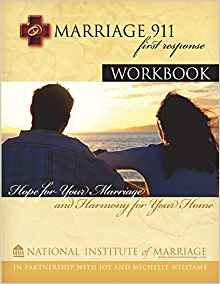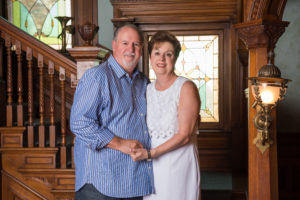Have you chosen a “word” for the year 2020?
Each New Year many people choose a word to give them focus and inspiration for the year ahead. Often, it’s a word to motivate them with a theme, a new direction, a filter for decision making, or a word that lifts their spirits.
This year, I decided to focus on a word that is more self-improvement in nature to fine-tune the way I communicate with my husband. That word is “tone.”
Have you ever said something to your spouse that seems perfectly innocent, only to receive a negative reaction that catches you completely by surprise? “Why did that make him angry or annoyed? Why is she so upset? I only said . . . . . (fill in the blank.)
I’ve become more and more aware lately of how my tone of voice can distort my intended meaning in conversations with my husband. Sometimes my tone becomes elevated (a nice way of saying “louder” or “higher”.) Other times the added emphasis I put on a certain word sends an unintended message of displeasure.
Take the question, “Why did you do that?” Consider the following differences in how this simple question can be interpreted depending on the tone of voice.
Perhaps you are working on a project together. You are struggling to get something right when your partner switches direction and does it differently. You’re not sure what he is trying to do. And you say, “Hmmm. Why did you do that?” An honest question, looking for an honest answer.
But if you’re inwardly questioning his decision to switch directions, you might say it in one of the following ways:
Why did you do THAT?
Why DID you do that?
W-H-Y did you do THAT?
Why did you DO that?
Or simply, Why did you do that?”
Or, if he/she did something different that created a mess, you might say it this way. WHY DID YOU DO THAT? (yelling.)
The words are the same, but the tone of voice makes a difference in the way your spouse perceives what you say, and a difference in the way he or she may respond to you. Tone of voice can make the words sound angry, sarcastic, whining, arrogant, disrespectful, belittling, irritable, nagging, annoyed and more. And that difference can create tension and discord between you. You may find yourselves arguing –- not about a difference of opinion—but about the perception one of you has about the intentions of the other –- because of your tone of voice.
My husband and I have realized in recent weeks that tone of voice can sometimes stir up negative feelings or even conflict between us. I might think he sounds irritable even though his words are innocent. And in other instances, he hears disapproval in my tone of voice even though my actual words don’t convey that message at all. One of the silliest mind-sets, shared by both my husband and myself is that neither of us wants to cause stress or inconvenience to the other, and when we think we have, we can sometimes sound defensive.
For instance, I am writing this late at night. Since my husband was asleep, I shut my office door so I wouldn’t awaken him. Consequently, when he poked his head in the door a few minutes ago and said, “Hi,” I immediately thought I woke him up.
I quickly turned toward him and asked, “Why are you up?” I was annoyed at myself for having possibly awakened him, but my tone of voice may have implied I was annoyed with him. Actually, I didn’t wake him up at all. He was thirsty and wanted a drink. See how silly conflicts can begin? Fortunately, I think I was more aware of my tone of voice than he was—since that’s my focus word for the year—so all is good. But that is an example of how it can begin.
So in 2020, I intend to think about “tone.” That is my word. What unintended message do my words convey because of my tone of voice? How can I modify my voice so it conveys love and respect without allowing fleeting emotions to warp my words? I want my speech to be soothing and uplifting, encouraging and respectful. Being aware of my tone of voice can hopefully make that happen.
Proverbs 15:1 says, “A gentle answer turns away wrath, but a harsh word stirs up anger.” And Proverbs 16:24 reminds us that, “Pleasant words are a honeycomb, sweet to the soul and healing to the bones.”
If you struggle with this as well, you might want to join me in praying this prayer from Psalm 141:3. “Set a guard over my mouth, O Lord, Keep watch over the door of my lips.”
What is your word for the year? I’d love to hear about it.
* * *
If you are struggling through a rough time in your marriage and your spouse is unresponsive to your efforts to make things better, check out my award winning new book, Fighting for Your Marriage while Separated. Although a true separation happens when you and your spouse live in separate households, some separations also take place within the same residence. This book can help in either case.


















